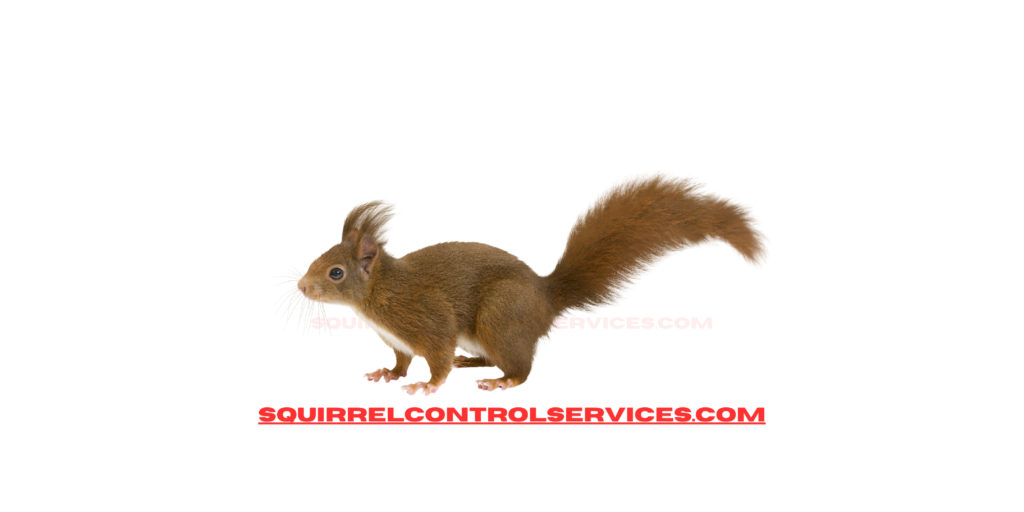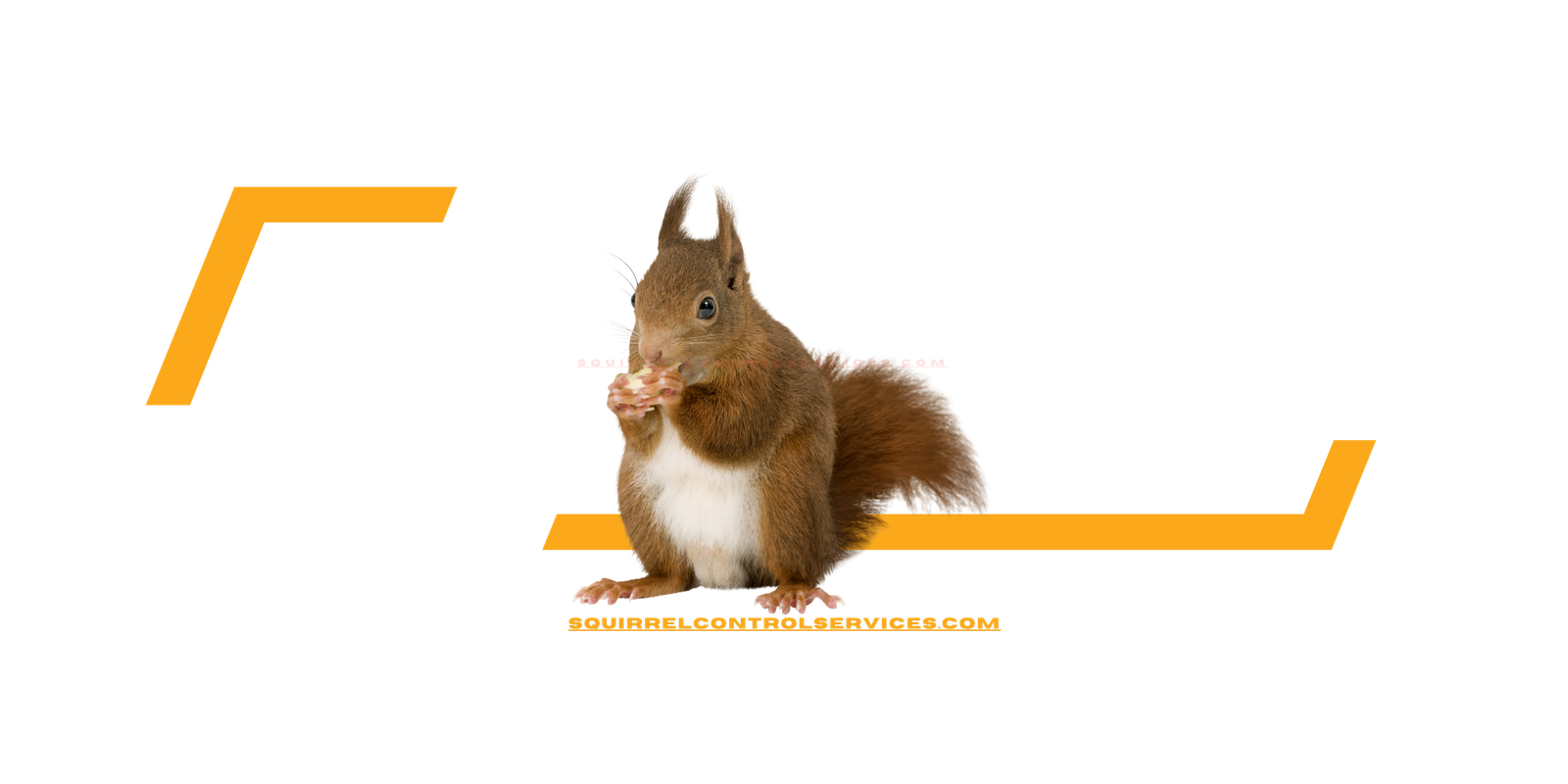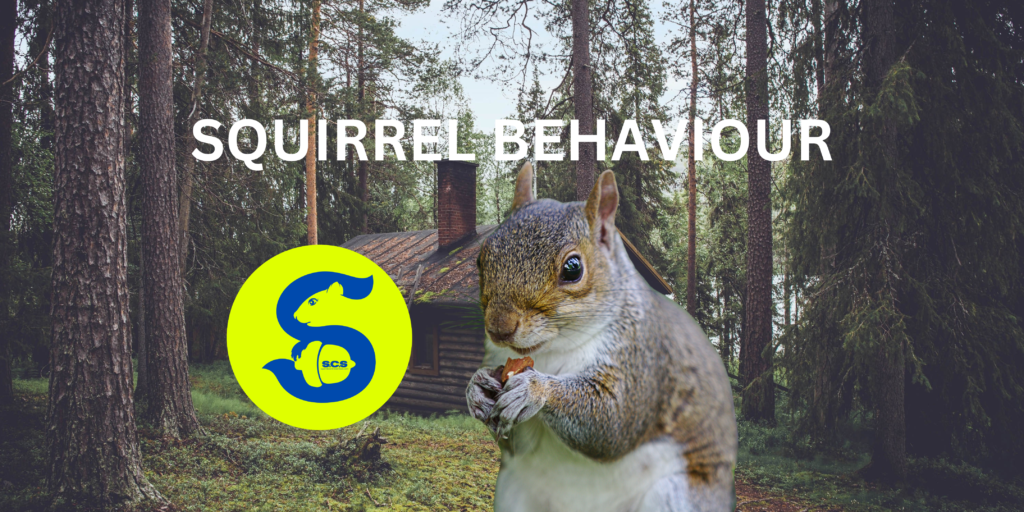Do Squirrels Attack Humans
Attacked by squirrels and wondering why it happened? Squirrels usually avoid humans, but they can become aggressive. This article explains why squirrel attacks occur and how to prevent and respond to them.
- Squirrels can become aggressive if they feel threatened, especially females protecting their young; maintaining distance and not feeding them can prevent attacks.
- Recognizing warning signs of aggression, like tail flicking and chattering, is crucial to avoid confrontations with squirrels.
- Squirrel bites can lead to serious health risks and diseases, making immediate wound care and medical attention important after an encounter.
When Squirrels Attack Humans
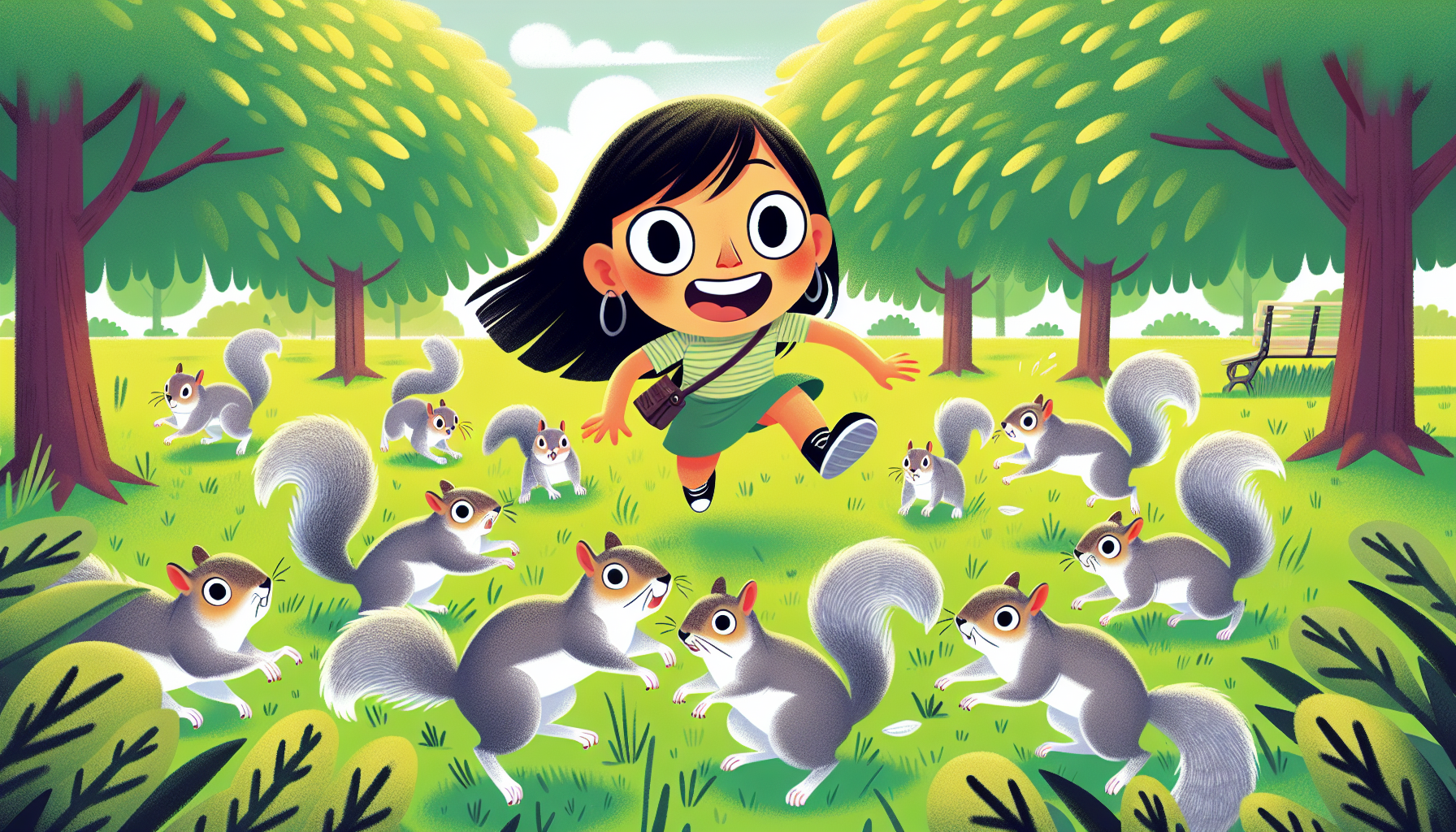
Squirrels are generally timid creatures, but there are times when they may attack humans. These attacks typically occur when squirrels feel threatened or are protecting their territory. Female squirrels, in particular, may become highly aggressive when defending their young from perceived dangers. Imagine the surprise of an unsuspecting passerby who inadvertently gets too close to a nest, only to face the wrath of a protective mother squirrel. Corinne Reynolds, a local resident and animal lover, experienced this firsthand when a grey squirrel she had been feeding began attacking people in her community, causing her great sadness over its aggressive behavior.
One key factor contributing to these attacks is the perception of humans as a threat. Squirrels may react aggressively if they feel cornered or unable to escape. Feeding squirrels can also lead to unexpected aggression. While it might seem like a kind gesture, feeding these animals can create a dependency on humans for food, leading to aggressive behavior when their expectations are not met. In one incident, a grey squirrel ran at a resident, causing fear and surprise, which highlights the potential dangers of close interactions with these animals.
To avoid such encounters, maintain a respectful distance from squirrels and their habitats. Steer clear of nests and do not feed them. Remember, mother squirrels will fiercely defend their young, so it’s best to admire these creatures from afar.

Common Signs of Aggressive Squirrel Behaviour
Recognizing the signs of aggressive squirrel behaviour can help you avoid potential attacks. One of the most evident warning signs is tail flicking. When a squirrel rapidly flicks its tail, it’s often a signal of agitation and a precursor to aggressive actions. This behaviour is accompanied by rapid chattering noises, which serve as a vocal warning to stay away.
Aggressive squirrels may also display unusual behaviours that signal a potential threat to humans and pets. For instance, a squirrel attacking people and pets clearly indicates aggression. Such behavior is not typical and should be taken seriously to prevent harm. The RSPCA’s statement about the euthanasia of a grey squirrel named Stripe, after it attacked multiple people in a Welsh village, highlighted how incredibly sad it was for the community.
Recognizing these early signs of aggression can be lifesaving. Recognizing signals like tail flicking, chattering, and unusual actions can help you avoid confrontations and stay safe. Remain observant and cautious around squirrels, particularly in areas known for their aggression.
Potential Risks from Squirrel Bites
Squirrel bites, while not common, can pose significant health risks. One of the primary concerns is the potential for infection. Bites from squirrels can lead to infections that require careful wound care to prevent complications. It’s essential to immediately wash the bite wound with soap and water to reduce the risk of infection.
A tetanus shot may be necessary in some cases. Injuries from squirrel bites may necessitate a tetanus booster, especially if the individual’s vaccination status is not current. For deep or dirty wounds, and if the last vaccination was over five years ago, a tetanus shot might be needed. If there’s any doubt about the squirrel’s health, consulting a doctor about rabies vaccinations is wise.
Squirrels can also gnaw on electrical wiring, posing a fire hazard and increasing the risk of home damage.
Beyond infections, squirrel bites can transmit various diseases, including:
- Ringworm, a contagious fungal infection, which can be spread through direct or indirect contact
- Tularemia
- Leptospirosis
- Salmonellosis
This highlights the importance of proper wound care and medical evaluation.
Why Squirrels Rarely Attack People
Despite the potential risks, squirrels rarely attack people. These animals are generally timid and will often flee when approached. Their instinctive fear of larger creatures, including humans, usually keeps them from confronting us. Most encounters with squirrels are peaceful, with these creatures seeking to escape rather than engage in conflict, even if a squirrel lost its way. Squirrels attacking people is a rare occurrence.
However, there are exceptions. Sick squirrels might exhibit more aggressive behavior due to illness or discomfort. Therefore, keeping a safe distance from squirrels is important. Such incidents are uncommon and often unreported, leading to a lack of concrete statistics.
Keep at least 20 feet away from squirrels to minimize the risk of aggressive encounters. This prevents them from feeling threatened and reduces the likelihood of an attack.
Diseases Transmitted by Squirrels
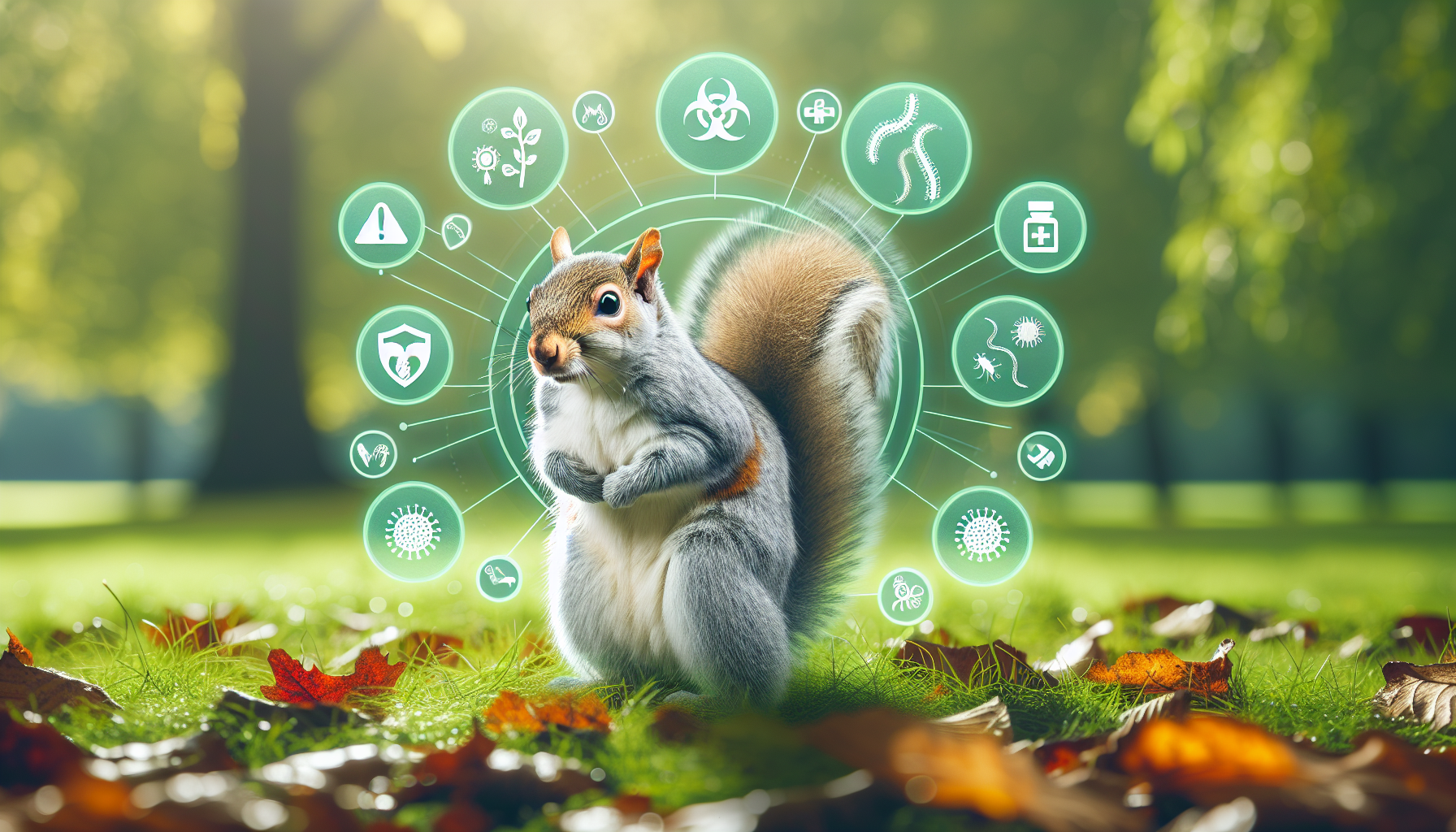
Squirrels can transmit a variety of diseases to humans through bites, scratches, urine, feces, or contaminated soil or water. More commonly, these diseases are spread through droppings, urine, or ectoparasites. Proper hygiene and wound care are essential after any close encounter with a squirrel.
Squirrels can also transmit other diseases to humans through parasites like fleas and ticks, which can carry conditions such as Lyme disease and bubonic plague.
Some of the notable diseases that can be transmitted include:
- Ringworm
- Tularemia
- Leptospirosis
- Salmonellosis
These diseases can have serious health implications, so seeking medical evaluation after a squirrel bite or scratch is important. Though squirrels typically do not carry rabies, proper wound care is crucial to prevent any potential infection.
It’s not just the bites that can be dangerous; even contact with squirrel droppings or urine can pose health risks. This is why it’s essential to maintain cleanliness and avoid direct contact with these animals or their habitats.
Preventing Squirrel Attacks
Preventing squirrel attacks involves understanding and responding to their behaviour. A common sign of aggression is when a squirrel stands on its hind legs in a ‘boxer position,’ with its tail raised, signaling readiness to confront. Sudden squeaks or chattering sounds also indicate aggression during confrontations.
Avoid feeding squirrels to reduce the likelihood of an attack, as this can lead to dependency and aggression when they don’t get food. Recognizing aggressive postures, such as tail flicking and the ‘boxer position,’ can help you keep a safe distance. Additionally, using deterrents like cayenne pepper around bird feeders and garden plants can effectively keep squirrels at bay.
Not approaching squirrels too closely or encouraging them with food significantly reduces the chances of an aggressive encounter. Always be mindful of their space and natural behaviors to ensure a peaceful coexistence.
What to Do if Bitten by a Squirrel
If you are bitten by a squirrel, it’s crucial to take immediate action. Start by thoroughly cleaning the wound with soap and water to reduce the risk of infection. After cleaning, apply an antiseptic to minimize infection risk and cover the wound with a sterile bandage.
Seek medical attention, especially if the wound is deep, bleeding significantly, or shows signs of infection such as swelling or oozing. A healthcare professional can evaluate the wound, discuss necessary treatments, and determine if a tetanus booster or any other specific intervention is required.
Keeping Squirrels Out of Your House
Preventing squirrels from entering your house is key to avoiding potential encounters. Regular roof inspections can help identify potential entry points where squirrels may enter. Covering exposed roof areas with metal sheeting and installing galvanized steel wire over potential entry points provide a durable barrier against squirrels.
Cleaning up fallen debris and removing food sources can also reduce squirrel attractants in your yard. Using squirrel-proof bird feeders helps keep squirrels from accessing easy food supplies. Managing squirrel issues involves assessing food sources, as human activities like feeding wildlife can attract these animals to properties.
Integrated Pest Management (IPM) effectively addresses squirrel infestations and minimizes their impact on properties. This comprehensive approach ensures that squirrels are kept at bay while maintaining a balanced ecosystem. It is important to note that it is now illegal to release grey squirrels back into the wild, which often forces authorities to euthanize them instead.
The Role of Pest Control in Managing Squirrel Issues
Professional pest control plays a vital role in managing squirrel issues. Around 31% of pest control professionals have identified squirrels as a significant problem in their service areas. Early intervention prevents the establishment of squirrel populations and reduces potential damage to structures.
Animal lovers, like Corinne Reynolds, often face emotional conflicts when dealing with aggressive squirrels and the necessity of pest control interventions. Pest control services utilize tools such as trail cameras to monitor squirrel activity and determine effective removal strategies. These professionals can implement targeted measures to manage squirrel populations and minimize their impact on your property, following guidelines set by the British Pest Control Association.
Summary
In summary, while squirrel attacks are rare, understanding the behavior and potential risks associated with these wild animals is crucial. Recognizing the signs of aggression, knowing the health risks, and taking preventive measures can help ensure safety for you and your family.
Awareness and proactive actions are key to preventing squirrel encounters and managing their presence around your home. By respecting their space and not encouraging dependency through feeding, we can coexist peacefully with these fascinating creatures.
Frequently Asked Questions

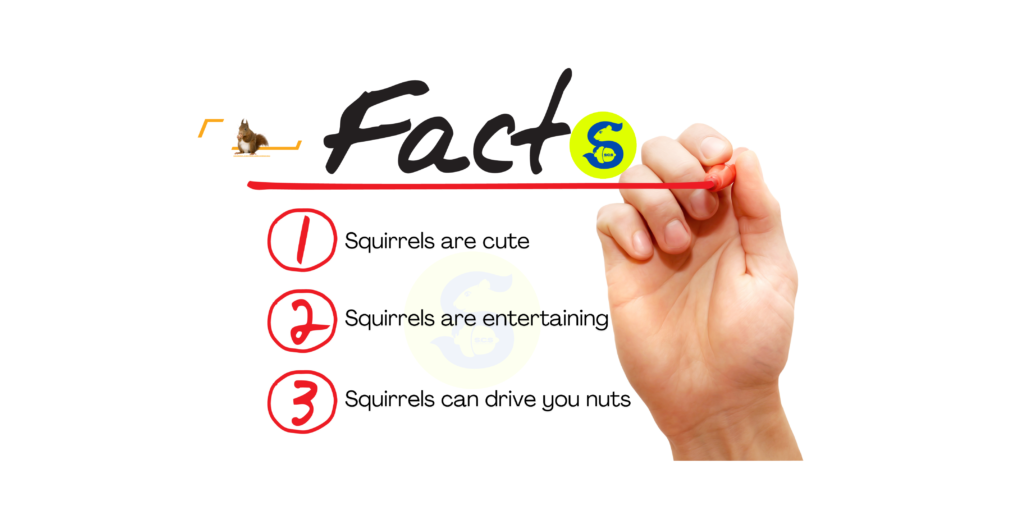
What should I do if I see a squirrel showing aggressive behavior?
If you see a squirrel acting aggressively, just back away and give it space. Watch for warning signs like tail flicking or chattering, and don’t try to confront it.
Can squirrel bites cause serious health issues?
Absolutely, squirrel bites can lead to infections and potentially transmit diseases, so it’s crucial to clean the wound right away and get checked by a doctor. Taking these steps can help prevent any serious health issues.
How can I prevent squirrels from entering my home?
To keep squirrels out, regularly inspect your roof, cover any entry points with metal sheeting, and eliminate food sources around your home. Taking these steps can really help in keeping them at bay!
Are squirrel attacks on humans common?
Squirrel attacks on humans are quite rare since these little critters are usually timid and prefer to run away instead of confronting us. So, no need to worry!
What role does pest control play in managing squirrel issues?
Pest control plays a vital role in managing squirrel issues by monitoring populations and using targeted strategies to prevent damage. Early intervention helps ensure both safety and a peaceful living environment.
